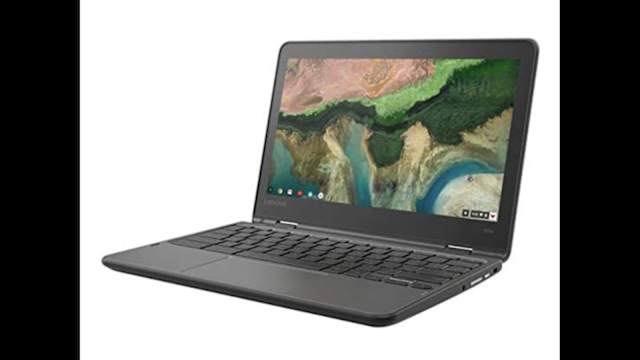The National Football League, for the first time in its history, finished a 17-game schedule during the regular season, and will continue with the expanded playoff format that was instituted in 2021.
With the added week to the NFL playoffs, that means this year’s Super Bowl will be held the latest it has ever been: Feb. 13 -- the day before Valentine’s Day.
Recommended Videos
We couldn’t help but wonder, what will that mean for those who are also planning to celebrate the day of love on Feb. 14?
Many have clamored for years to have the Monday after the Super Bowl be a national holiday so people can recover from parties they attended, but we’re guessing this might not have been what some had in mind.
So, how will things go down this year, considering the busy schedule of events?
Will be people be too partied out from Super Bowl festivities to celebrate Valentine’s Day as usual?
Will there be more people than normal taking off work on Valentine’s Day to recover from the Super Bowl, and to devote time to celebrate with loved ones?
Or, knowing that Valentine’s Day is the next day, will people be more inclined to stay at home and watch the big game, as opposed to going out? Will the pandemic play a role?
With many going out to Super Bowl parties the night before Valentine’s Day, could this lead to a record number of take-out orders, and far fewer people making reservations at restaurants the night of Valentine’s Day?
Can restaurants that are already short-staffed have “all on hands on deck” for essentially four straight busy days, considering Super Bowl Sunday and Valentine’s Day will butt up to the normal busyness of a weekend?
Undoubtedly, the two “holidays” happening back to back could pose some plans to change for some, but the good news is, it won’t happen again until 2028.




